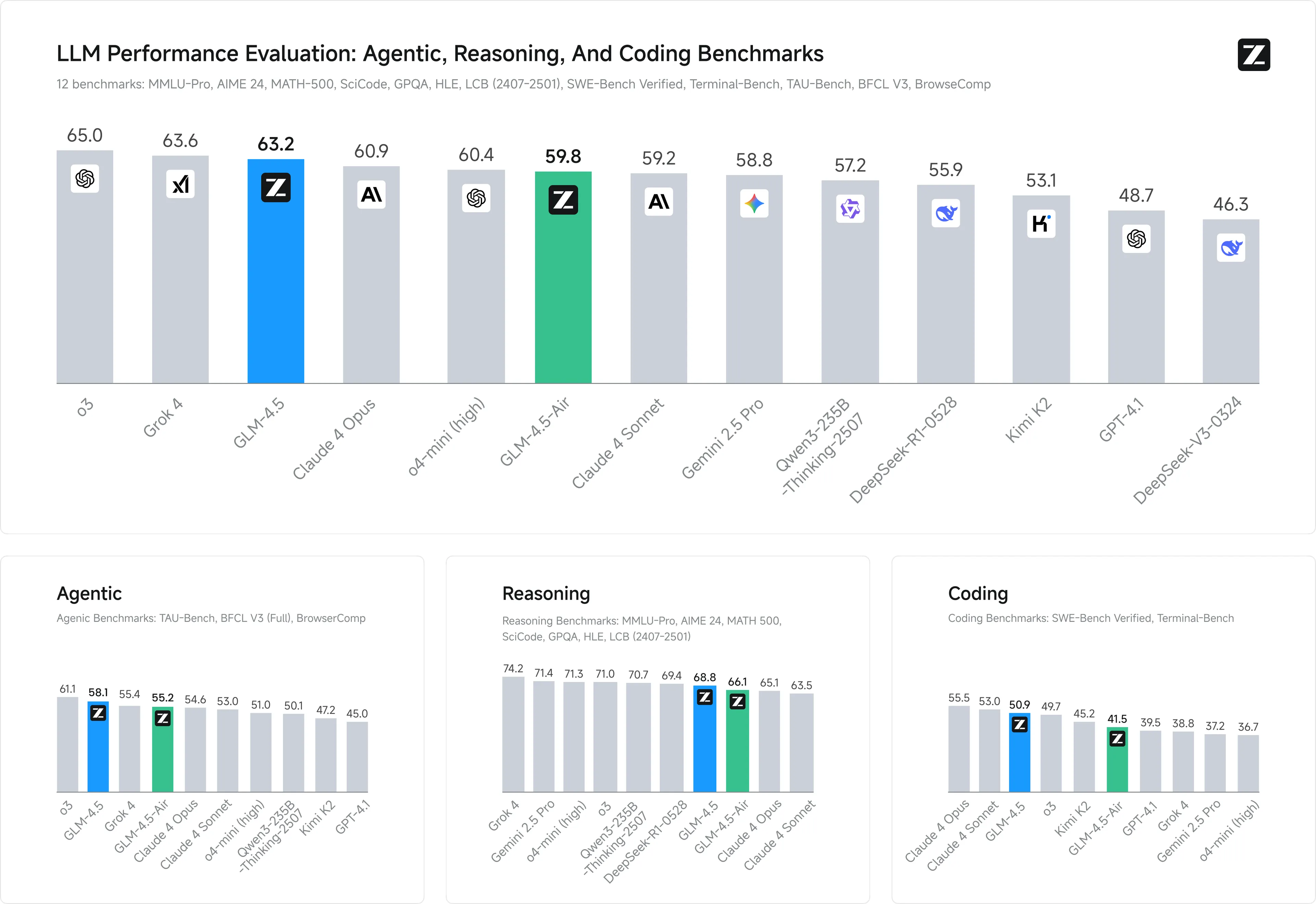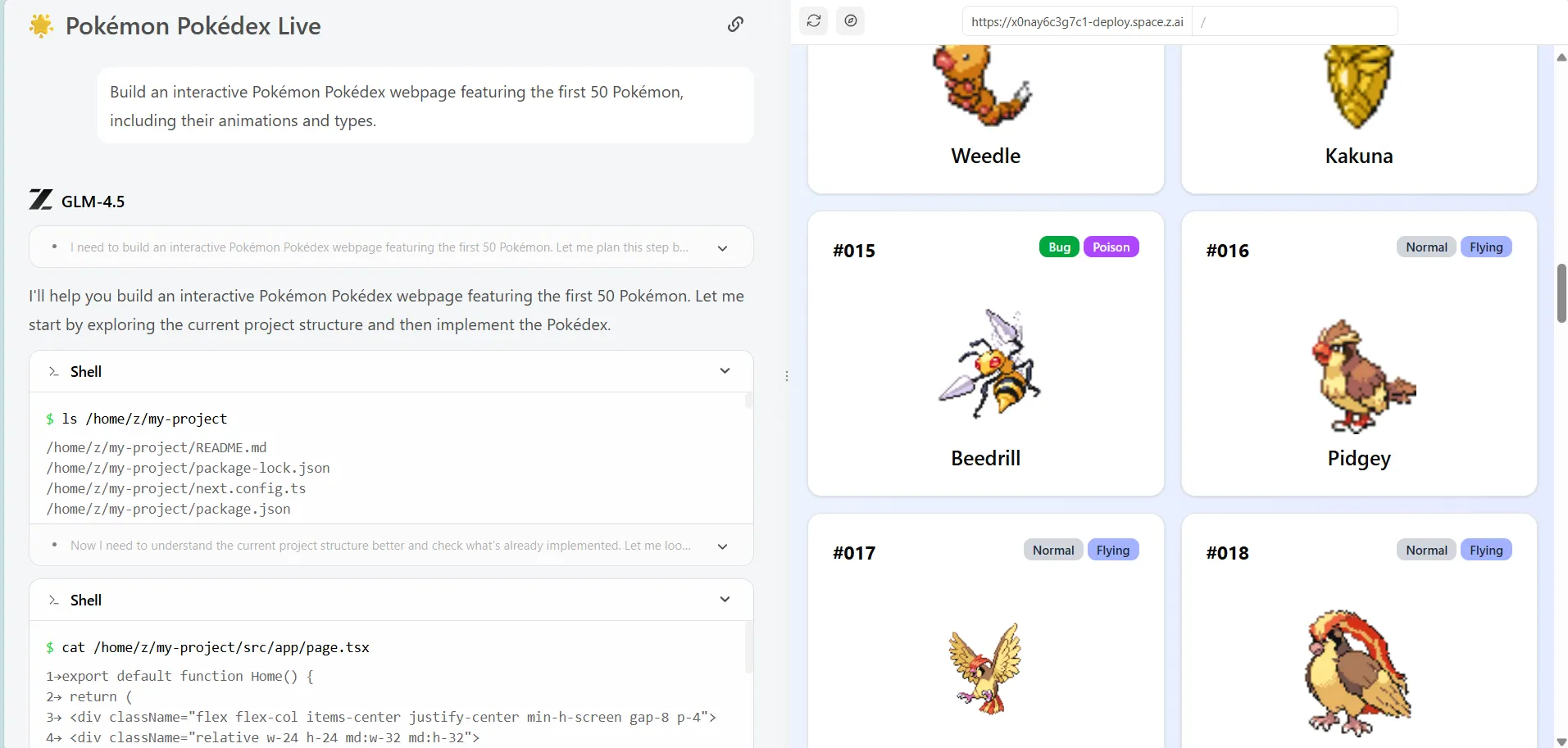Z.ai Defies US Sanctions with $1.5B AI Power Move—China’s Tech Juggernaut Charges Ahead
Beijing's AI dark horse just flipped the script. Z.ai—China's best-kept tech secret—unleashed a next-gen artificial intelligence platform today, fueled by a staggering $1.5 billion war chest. Sanctions? What sanctions?
The Silicon Slayer
While Washington plays whack-a-mole with export controls, Z.ai's neural networks are chewing through datasets like a bull market through retail traders' stop-losses. Their secret sauce? A hybrid architecture that reportedly bypasses Western chip restrictions—patriotism with Chinese characteristics meets brute-force computing.
Show Me the Money
That $1.5 billion cushion didn't materialize from thin air (though some VC-funded crypto projects might disagree). Insiders whisper about backchannel sovereign wealth backing—because nothing disrupts like state-sponsored capital with a side of geopolitical middle finger.
Wall Street's gonna hate this one: the first AI unicorn that actually delivers on its whitepaper promises.
 Image: z.AI
Image: z.AI
GLM-4.5 achieved a 90.6% tool-calling success rate, outperforming Claude 3.5 Sonnet's 89.5% and even Kimi K2's 86.2%.
On web browsing tasks, it correctly answered 26.4% of complex questions compared to Claude 4 Opus's 18.8%. The model solved 98.2% of problems in the MATH 500 benchmark, matching Claude 4 Opus, all while being open source.
The U.S. Department of Commerce added Zhipu to its Entity List in January, accusing the company of supporting Beijing's military advances.
Companies on the list cannot purchase American technology without special government approval. Zhipu said the designation "will not have a substantial impact" on its operations.
Which is undoubtedly true: Thus far, State-backed investors have poured money into the company since the Entity List announcement.
Huafa Group, backed by the Zhuhai government, invested 500 million yuan ($69 million) in March. Chengdu’s state fund followed with 300 million yuan, while Shanghai’s Pudong Venture Capital Group and Zhangjiang Group jointly added 1 billion yuan in July.
The startup plans to raise another $300 million through a Hong Kong initial public offering, according to people familiar with the matter.
The company initially filed for a mainland China listing but shifted strategies as geopolitical tensions escalated. Its valuation doubled to 40 billion yuan ($5.6 billion) between September 2024 and July 2025.
Z.ai prices API calls at $0.11 per million input tokens and $0.28 per million output tokens—roughly one-fifth the cost of comparable Western models. The company released the weights under an MIT license on Hugging Face and GitHub, allowing anyone to download and modify the code.
The models feature what Z.ai calls "hybrid reasoning" with two modes.
A thinking mode handles complex reasoning and planning tasks, while a non-thinking mode provides instant responses.
The company shared samples of how people can build entire websites with natural language commands or generate interactive visualizations ranging from Pokémon databases to complex presentations.

Chinese companies are accelerating their investment in AI, releasing 1,509 large language models as of July 2025, which represents 40% of the 3,755 models released globally and offers some of the best open-source models in the industry.
Just recently, Kimi K2 impressed. Additionally, today, Alibaba released Wan 2.2, which is the state-of-the-art (SOTA) open-source generative video model.
Hidream-I1 is the best open-source image generator with Hailuo, Seedream, and Kling beating some of the biggest names in the generative video scene.
Early investors of Z.ai include Alibaba Group, Tencent Holdings, and HongShan Capital Group. The company spun out from Tsinghua University in 2019 and represents one of China's "AI Tigers," startups that the government considers crucial for achieving technological independence amid heavy political constraints imposed by the U.S.
To boost its own ecosystem of AI technology and apps, Z.ai launched a 1.5 billion yuan ($211 million) fund called the "Z Fund" to invest in startups that build on its technology.
The strategy mirrors OpenAI's approach of creating a developer ecosystem around proprietary models while maintaining more open licensing terms.
Users can try an online version of the chatbot by accessing this link: Chat with Z.ai. The site is hosted in Singapore, so you can breathe a little easier.

